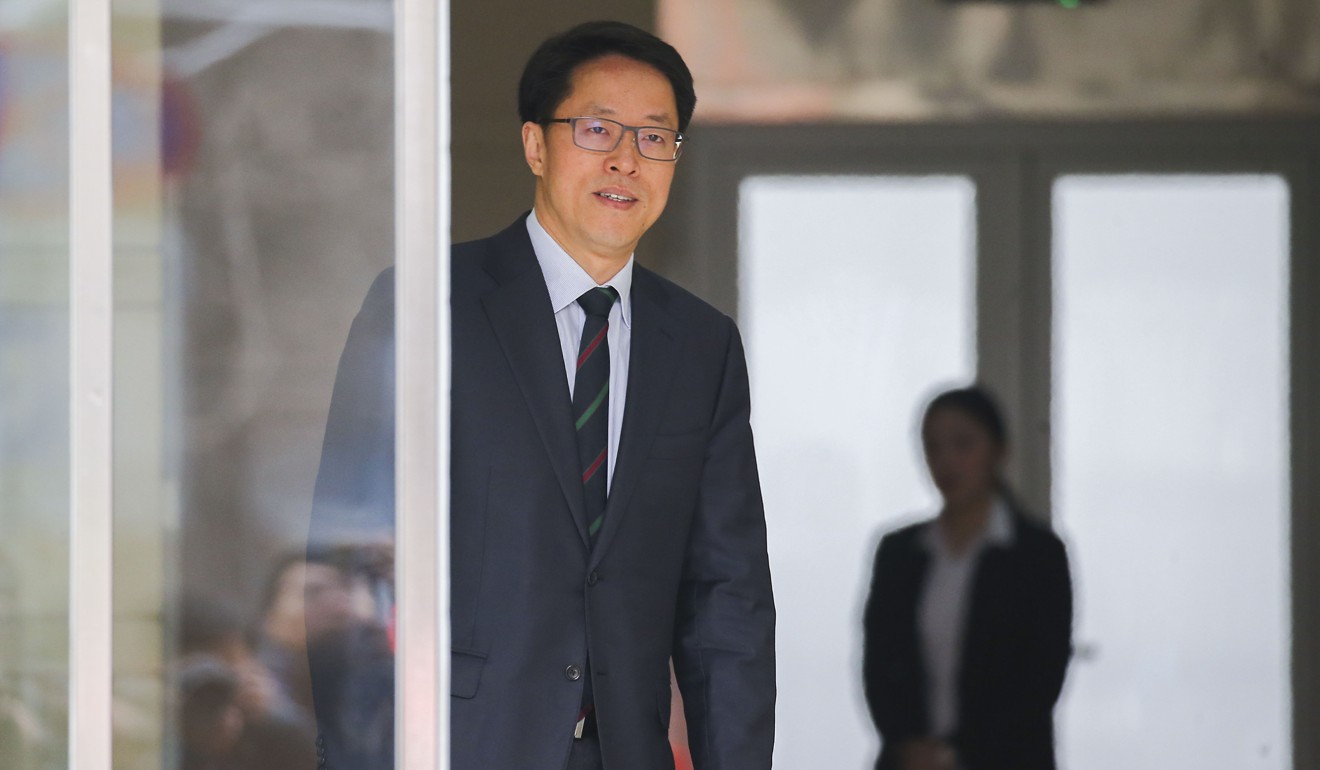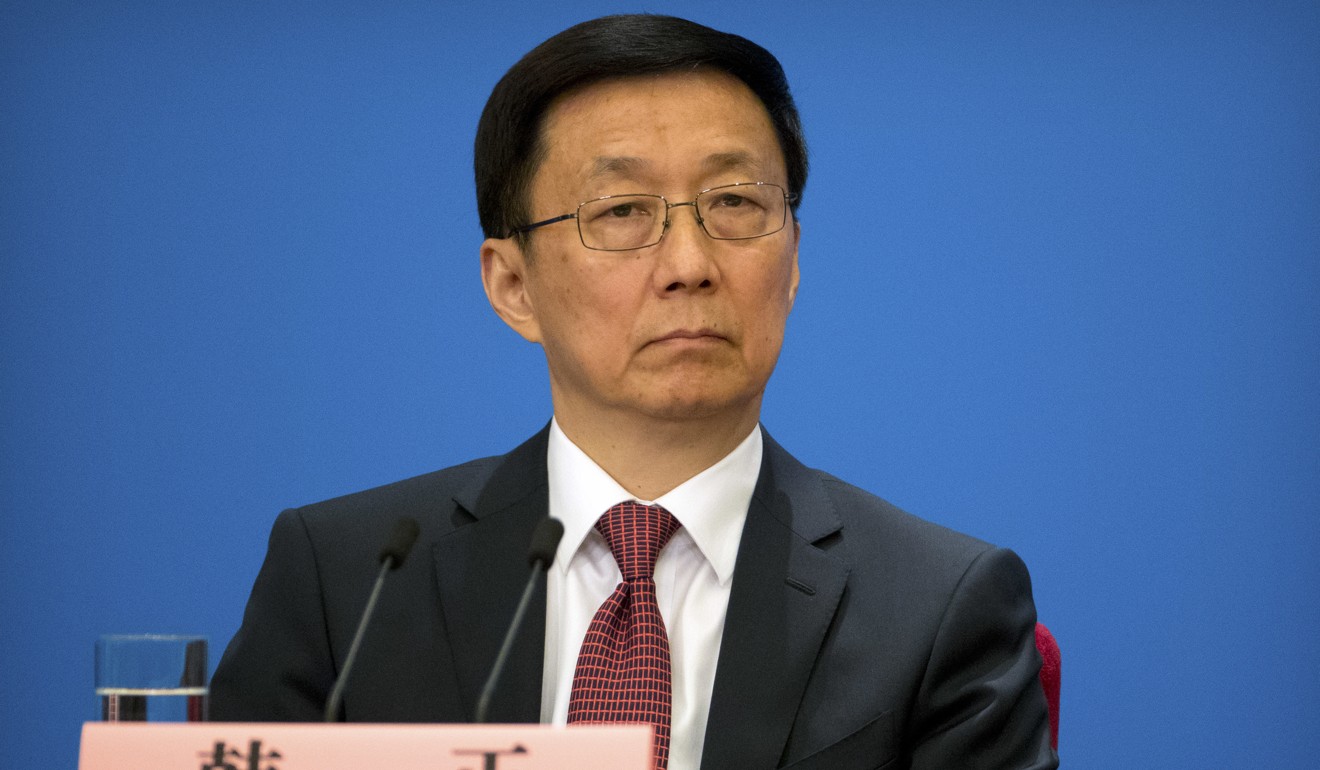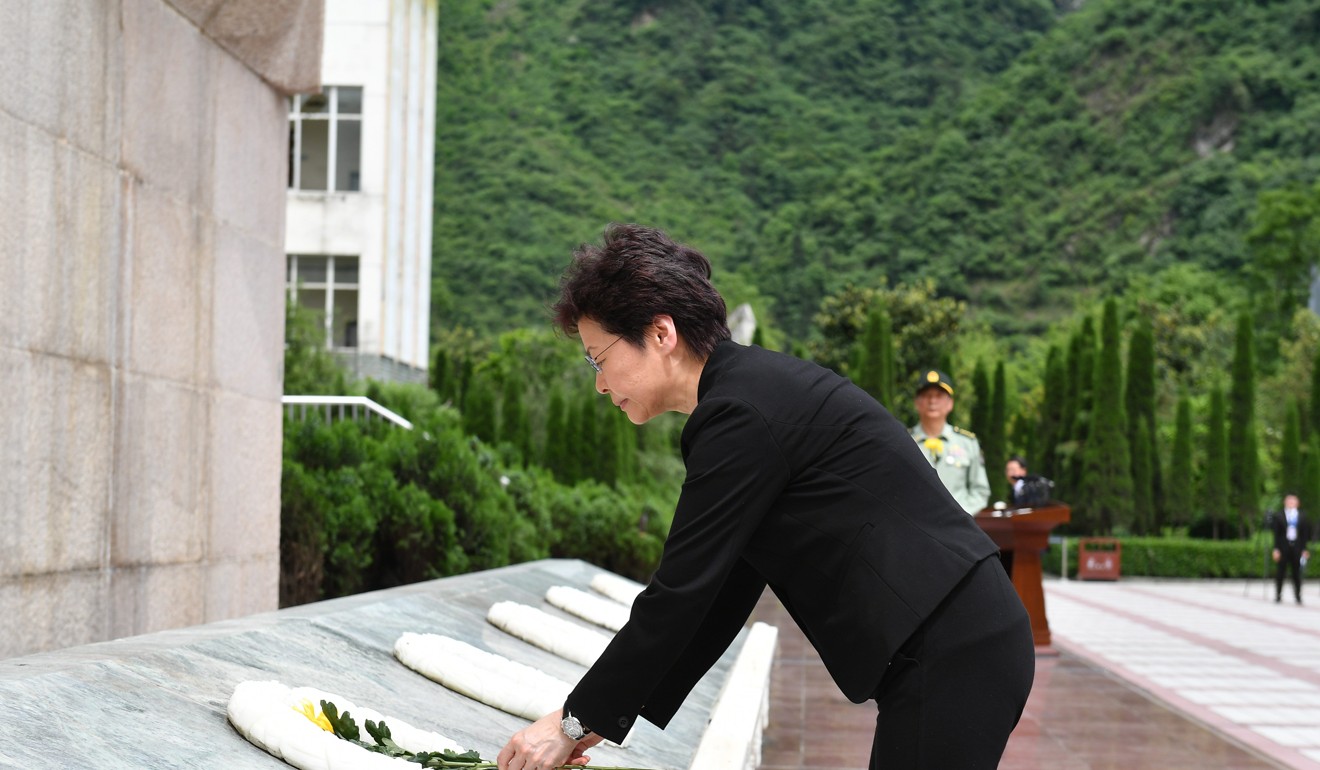
Is Beijing softening its tone towards Hong Kong on major policies?
But underlying message is clear: that the central government expects reciprocal understanding and goodwill from the city
Reading between the lines is necessary when it comes to Beijing’s narrative on major policies, including those about Hong Kong under “one country, two systems”.
Here comes the latest question: is Beijing softening its tone towards the city?
This was the impression some got when Zhang Xiaoming, Beijing’s top official in charge of the city’s affairs, delivered a speech on Friday conveying the latest “four-point” guidelines from a “central government leader”.

Amid many of the recent reminders or warnings on the city’s obligation to protect the interests of “one country” so as to maintain “two systems”, Zhang struck a surprisingly conciliatory tone. It was regarded as a sign of Beijing’s concern about being seen as too high-handed in its involvement in the city’s internal affairs – something that has been very much resisted and criticised locally.

However, a deeper dive into Zhang’s speech would suggest it was nothing more than a reiteration of Beijing’s long-time policy – only that he himself this time was promoting what could be a more “acceptable” approach.

Zhang was smart enough to pick this occasion to reveal Beijing’s latest “guidelines”, while praising the Hong Kong-Sichuan joint efforts as a showcase of good cross-border cooperation.
And to make things easier in future, the current party chief of Sichuan, Peng Qinghua, was Zhang’s predecessor in Hong Kong.
We must integrate with China’s trade plans, Hong Kong leader Carrie Lam warns lawmakers – or risk losing out
But the underlying message is also clear enough: Beijing expects the same reciprocal understanding and goodwill from Hong Kong, while national interests should not be undermined.
If ignorance is not the reason, why do young Hongkongers still dislike mainland China?
And, last but not least, Zhang ended his speech by promising his office would offer “guidance and assistance” in all policy-related matters in future Hong Kong-Sichuan cooperation.
Understandably, Beijing’s “guidance and assistance” won’t be confined to Sichuan projects only. What is more important is preventing “guidance” from turning into “interference” – and a way out is to always put yourself in others’ shoes.

